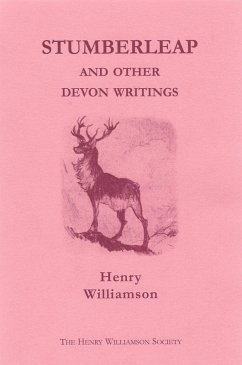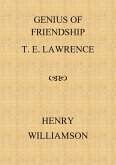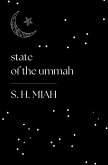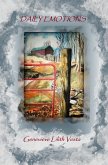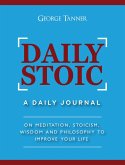Henry Williamson remains best known for his nature stories set in North Devon,Tarka the Otter and Salar the Salmon. His long association with the Daily Express, which supported him from the outset of his literary career, actually began without his knowledge, when his father submitted to the newspaper the letter that the young Henry, then a private with the London Rifle Brigade, had written from the trenches, describing the famous 1914 Christmas Truce in which he took part. The entire text of the Express's article is published here for the very first time. This is followed by some of Williamson's earliest published writings, from 1921 to 1935, with nature essays and sketches of village life in Georgeham. The book also includes some of Williamson's finest writing on the Great War, with the two series 'And This Was Ypres' and 'The Last 100 Days', together with the moving 'I Believe in the Men Who Died'. It finishes with some of his classic short stories, including 'Stumberleap' (which the Express called 'The Finest Animal Story Ever Written'), the mysterious 'Whatever Has Happened?', and 'The Heller'. The book comprises 38 articles, together with accompanying illustrations from the Express, and other contemporary photographs of Georgeham. The revised e-book published in 2014 includes four further recently discovered articles by Williamson, written under the pseudonym of 'John Dandelion'.
Dieser Download kann aus rechtlichen Gründen nur mit Rechnungsadresse in A, B, CY, CZ, D, DK, EW, E, FIN, F, GR, H, IRL, I, LT, L, LR, M, NL, PL, P, R, S, SLO, SK ausgeliefert werden.
Hinweis: Dieser Artikel kann nur an eine deutsche Lieferadresse ausgeliefert werden.

